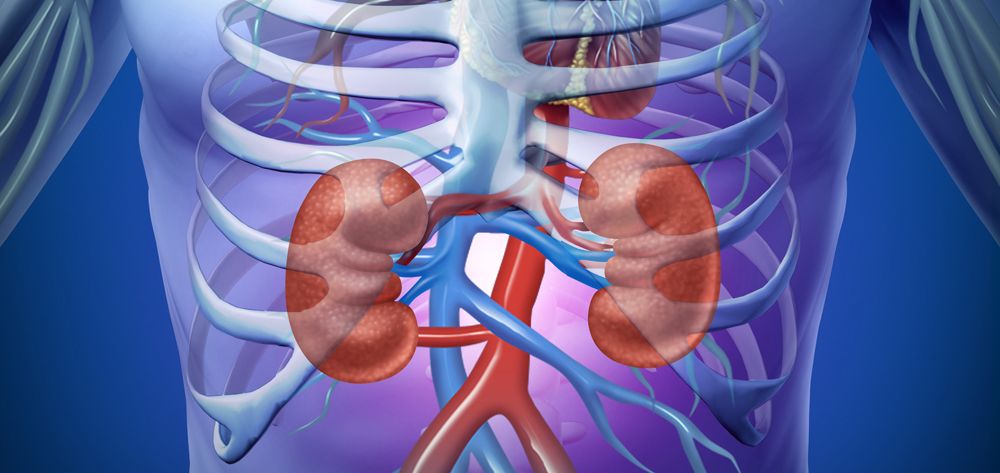03 Feb 2026
Rhinoplasty Revision Surgery in Mohali: Cost When Your First Nose Job Fails


Dr. Raka Kaushal
22 May 2025
Call +91 80788 80788 to request an appointment.
Acute Kidney Injury (AKI) is a sudden episode of kidney failure or kidney damage that occurs within a few hours or days. This medical emergency can lead to complications, including impaired kidney function, which may require dialysis or kidney transplantation. Understanding the underlying causes, symptoms, and early detection strategies for AKI is vital, especially in the eastern Punjab region where a growing number of patients are being diagnosed. At Livasa Hospitals, we focus on aggressive management strategies to enhance patient outcomes.
Acute Kidney Injury can manifest due to various underlying factors, which are generally classified into three categories: prerenal, intrinsic renal, and postrenal. Each category has different etiologies and requires different management strategies.
Identifying risk factors is crucial for preventing Acute Kidney Injury. While anyone can develop AKI, certain individuals are at higher risk due to underlying health conditions or treatments. Risk factors include:
Symptoms of AKI may vary based on the underlying cause and the severity of illness. Early detection is crucial, as symptoms might be subtle or overlooked. Common symptoms to watch for include:
For residents of Punjab, recognizing these symptoms and seeking early medical advice from nephrology specialists at Livasa Hospitals can be life-saving. The timely intervention can greatly improve recovery chances.
Diagnosis of AKI requires a thorough evaluation, as well as several tests to determine the underlying cause. Common diagnostic approaches include:
Once diagnosed, the management of AKI depends on its underlying cause and severity. The following strategies can be employed to manage AKI efficiently:
| Management Strategy | Description |
|---|---|
| Fluid Resuscitation | Administering fluids to restore blood flow to the kidneys, particularly in prerenal AKI. |
| Medications | Using drugs to treat underlying conditions or to counteract the effects of AKI. |
| Dialysis | Employing dialysis to remove waste and excess fluid if kidney function does not improve. |
The recovery time for Acute Kidney Injury can vary significantly based on the severity of the initial injury and the treatment provided. While some patients may recover their kidney function fully, others may suffer long-term complications or chronic kidney disease.
The prognosis also depends on early detection and proactive management. According to recent studies, timely intervention can significantly enhance kidney recovery rates, leading to improved outcomes for patients. Strategies employed by Livasa Hospitals aim for a quick recovery and minimize the risk of future kidney injuries.
Prevention is always better than requiring intensive treatment for AKI. Here are some effective preventive strategies, particularly for those individuals at risk:
It is crucial to recognize when medical attention is needed in the case of Acute Kidney Injury. Seek immediate medical advice if you experience:
The nephrology experts at Livasa Hospitals in Punjab are available to provide you with the best care and treatment options for Acute Kidney Injury. With comprehensive nephrology services and a dedicated team, we follow the best practices in kidney care management.
Acute Kidney Injury is a serious and potentially reversible condition that warrants immediate attention. Early detection and aggressive management are critical in preventing long-term complications and enhancing recovery. Understanding the symptoms and risk factors, alongside regular engagement with healthcare services can make a significant difference in outcomes.
At Livasa Hospitals, our nephrology specialists in Punjab strive to provide comprehensive care tailored to your unique needs. Should you feel at risk, please book an appointment with us or call us at +91 80788 80788.
Don't wait for symptoms to escalate! Early detection of Acute Kidney Injury can save lives. Book your appointment at Livasa Hospitals today for proactive kidney health management.
Rhinoplasty Revision Surgery in Mohali: Cost When Your First Nose Job Fails
Plastic Surgery After Massive Weight Loss: Body Contouring Packages in Mohali
ENT + Cosmetic in Mohali: Septoplasty for Breathing with Cosmetic Rhinoplasty Offers
Livasa Healthcare Group Corporate Office,Phase-8, Industrial Area, Sector 73, Sahibzada Ajit Singh Nagar, Punjab 160071
| Mohali | +91-99888 23456 |
| Amritsar | +91-99887 49494 |
| Hoshiarpur | +91-99883 35353 |
| Nawanshahr | +91-75081 82337 |
| Khanna | +91-98888 05394 |